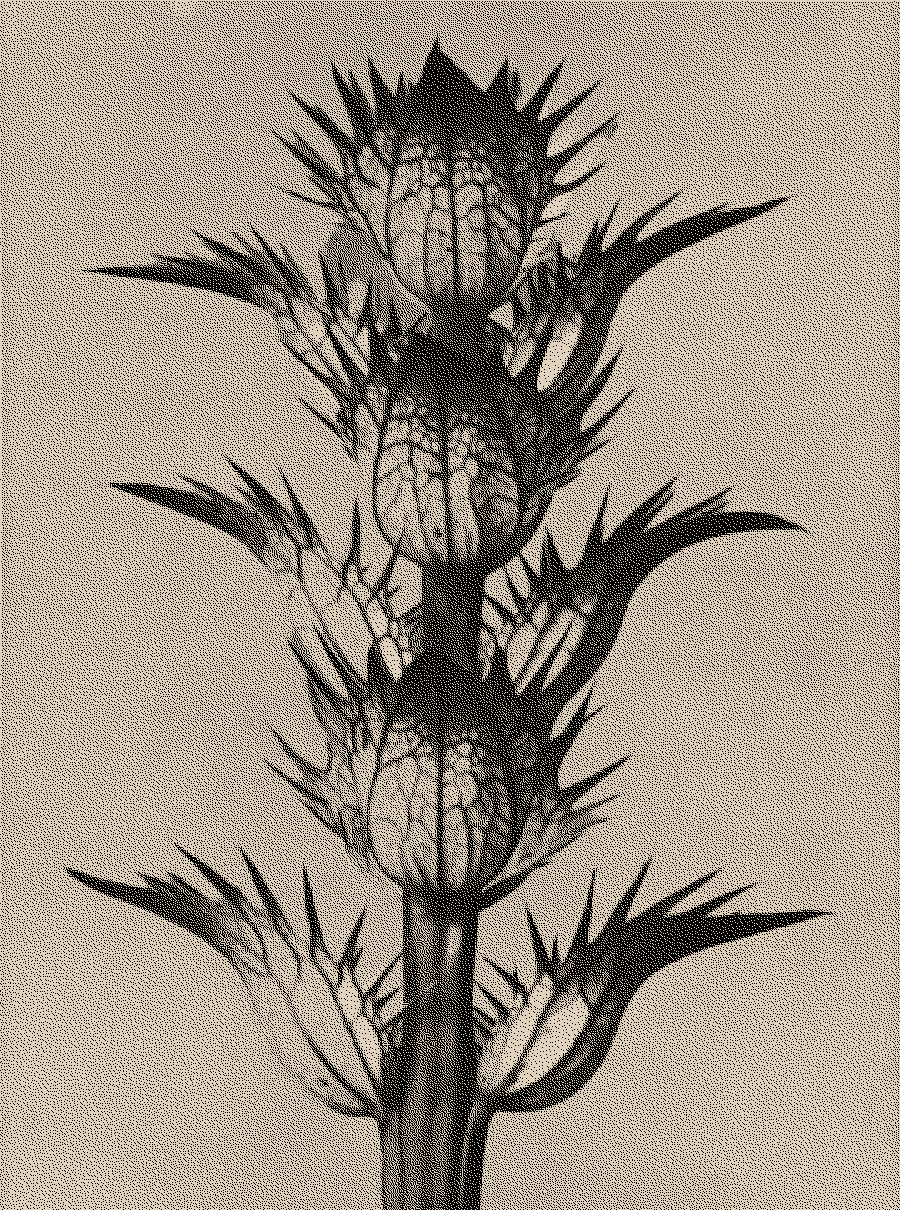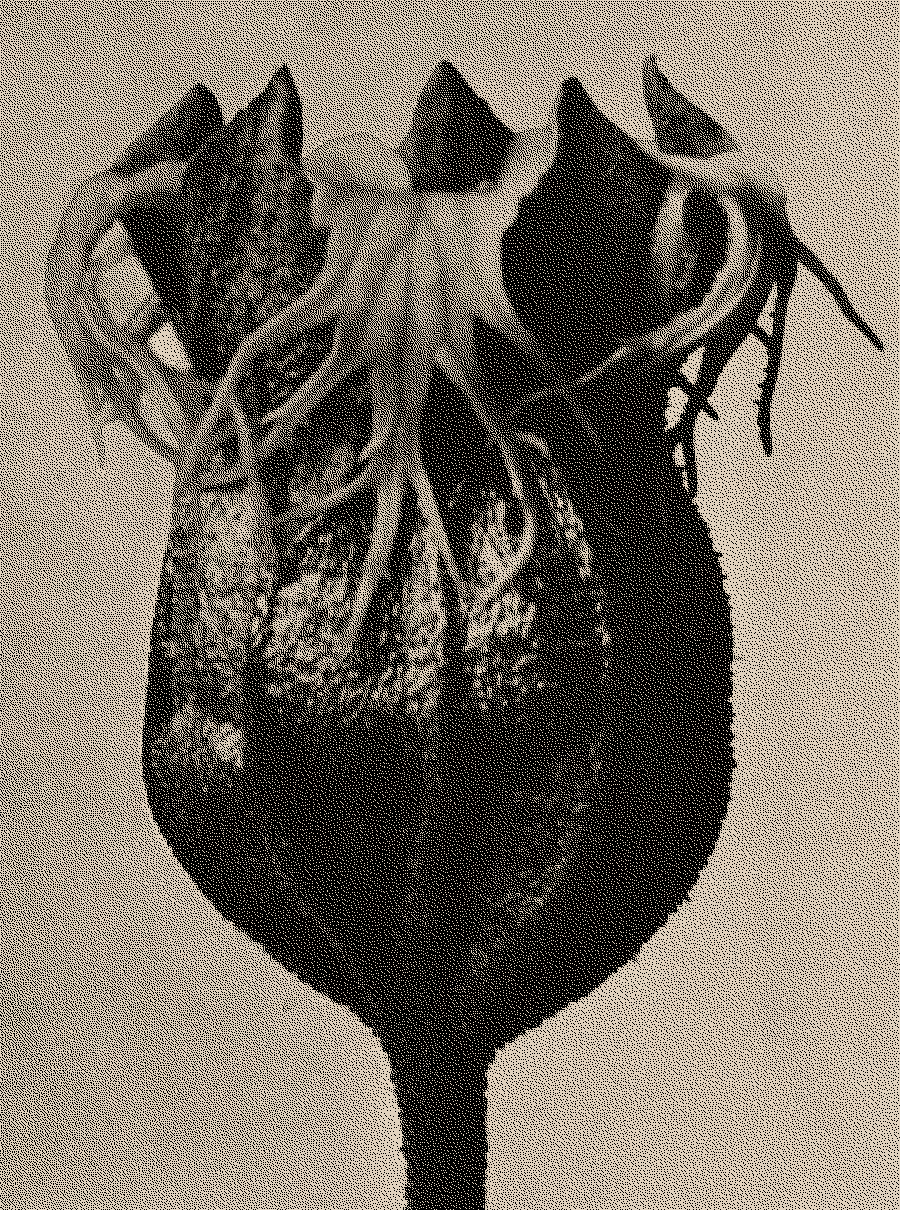Tracks

TRACK 01_Nature-based Solutions
Track-chairs: Américo Mateus ISMAT | Gonçalo Canto Moniz U. COIMBRA URBiNAT
The “Nature-Based Solutions” track will delve into the synergy of community-driven innovation through Co-Creation and Participatory Design and Co-Design Processes to enhance health and well-being. We emphasize the importance of involving local communities in developing nature-based solutions that address environmental challenges while fostering social equity. We welcome researchers to explore case studies showcasing successful collaborations between designers, residents, and stakeholders, highlighting methods for co-creation and participatory design. By focusing on inclusive and holistic approaches, this track aims to demonstrate how community engagement can lead to sustainable, health-promoting environments that reflect the needs and aspirations of those who inhabit them.

TRACK 02_Circular-based Territories
Track-chairs: Gabriel Patrocínio ISMAT / José Mauro UERJ
Circular-based territories integrate circular economy principles to create sustainable, self-sufficient communities, emphasizing minimizing waste, maximizing resource efficiency, and promoting local production and reuse. That can be achieved through innovative urban planning incorporating renewable energy sources, green infrastructure, and closed-loop systems for water and waste management, as well as by fostering local economies prioritizing recycling, upcycling, and using biodegradable materials. Design is paramount in this process, from strategizing to developing services and products supporting the territory’s circularity. Through mindful planning, cities can reduce their environmental footprint, enhance resilience, and improve the quality of life for residents, ensuring a sustainable future for generations to come.

TRACK 03_Biodesign
Track-chairs: Carla Paoliello ISMAT / Derya Irkdas IZMIR – BIOMATERIALSKIT
Biodesign is a practice that cultivates interspecies empathy while building knowledge from biological systems. It is an innovative design area fueled by cross-disciplinary cooperation that harnesses the capabilities of living organisms to create sustainable and efficient solutions. Therefore, Biodesign promotes the development of materials and systems that are not only functional but also environmentally friendly. This track offers a unique opportunity to delve into its transformative potential, showcasing pioneering research and practical applications. Key topics include bio-inspired products and materials, engineered living systems, and biomanufacturing techniques that address pressing global challenges and enhance life quality through biologically integrated technologies.

TRACK 04_Speculative Biofutures
Track-chairs: Susana Leonor ISMAT / David Palma ISMAT
Speculative Biofutures invites you to envision and project future scenarios shaped by the design and application of biological sciences and technologies. This track explores the transformative potential of advancements in biotechnology, encouraging speculative thinking to imagine how these innovations might revolutionize various aspects of life, society, and the environment. Exploring speculative futures and considering how cultural and philosophical perspectives on life, identity, and humanity might evolve in response to biotechnological advancements must be addressed, mainly through the ethical, legal, and social lenses. Opening for an interdisciplinary approach, speculative futures draw on insights from various disciplines, including biology, ethics, sociology, and science fiction, to create comprehensive and imaginative visions of the future. Speculative Biofutures challenge researchers’ communities to think beyond current limitations and envision a future where technology harmonizes with nature to create a safer and more sustainable world for all species.

TRACK 05_Strategic design for green transition
Track-chairs: Mostafá Zekri ISMAT / Onur Mendi IZMIR U. BIOMATERIALSKIT
The “Strategic Design for Green Transition” track will explore innovative approaches for fostering a nature-positive economy. It envisions exploring models integrating ecological sustainability with economic growth, emphasizing regenerative practices that restore natural systems. We aim to co-create insights into strategic framework formulation and design methodologies development with the research community that prioritizes biodiversity, resource efficiency, and environmental resilience. This track seeks to empower participants with the tools and knowledge to lead the transformation toward a sustainable and prosperous future by highlighting successful case studies and emerging trends.
